Meet the Faculty
 Dr. Jeremy Calder (Jeremy.Calder@Colorado.edu)
Dr. Jeremy Calder (Jeremy.Calder@Colorado.edu)
Jeremy Calder (known among friends as Novelí) is a Chicanx genderfluid individual, an Assistant Professor in the Department of Linguistics at the University of Colorado Boulder, and Affiliate Faculty in the Departments of Anthropology, Ethnic Studies, and Women & Gender Studies. Their work straddles the fields of sociocultural linguistics and linguistic anthropology, using a combination of sociophonetic methods and semiotic theory to explore the performance and construction of marginalized identity in communities of queer/trans and BIPOC individuals. Their work has appeared in Language in Society, Journal of Linguistic Anthropology, and The Oxford Handbook of Language and Sexuality. They are currently working on a monograph tentatively titled Handsome Women: non-binary language, gender, and embodied style in a San Francisco drag community.
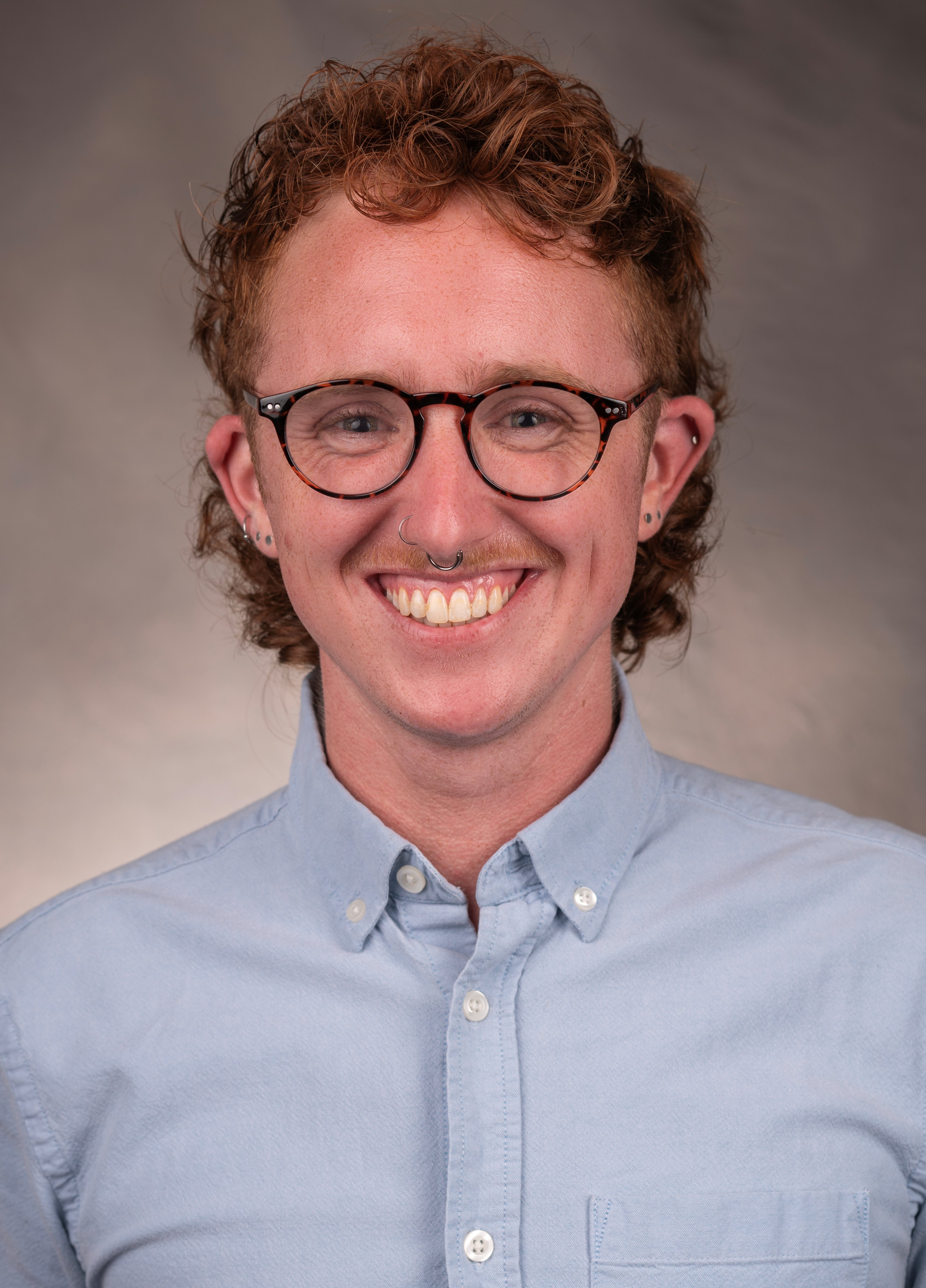
Dr. Archie Crowley (acrowley7@elon.edu)
Archie Crowley is an Assistant Professor in the English Department at Elon University in North Carolina. They completed their PhD in Linguistics at the University of South Carolina, where they have also completed a Certificate in Women’s and Gender Studies. Their research addresses language practices, ideologies, and linguistic activism within transgender communities, and their dissertation explored how regional identity, age, race, and audience shape circulating ideologies about language and gender within transgender communities in the Southern United States. They are a member of the Committee for LGBTQ+ Inclusion in Linguistics for the Linguistic Society of America, and you can follow them on twitter @ArchieCrowley.
 Dr. Lucy Jones (Lucy.Jones@nottingham.ac.uk)
Dr. Lucy Jones (Lucy.Jones@nottingham.ac.uk)
Lucy Jones is Associate Professor of Sociolinguistics at University of Nottingham, UK. She is also a queer linguist, a discourse analyst, and a linguistic ethnographer. Her published research includes ethnographic studies with a community of practice of older lesbian women (including the 2012 book Dyke/Girl: Language and Identity in a Lesbian Group), an LGBT+ youth group, and a trans youth support group. She has published on these studies in journals including Language in Society, Sexualities, Journal of Sociolinguistics, Journal of Homosexuality, and Journal of Language and Sexuality. She is currently working on intersectional data emerging from her recent ethnographic fieldwork with four LGBT+ youth groups in socioeconomically and culturally variable locations in England. Other published projects include critical discourse analysis of same-sex marriage and HIV prevention in the mainstream media, the naming choices of people who get married, identity construction in transgender YouTube video diaries, and narratives produced by patients at a transgender health clinic. You can follow Lucy on Twitter @jones_lucy.
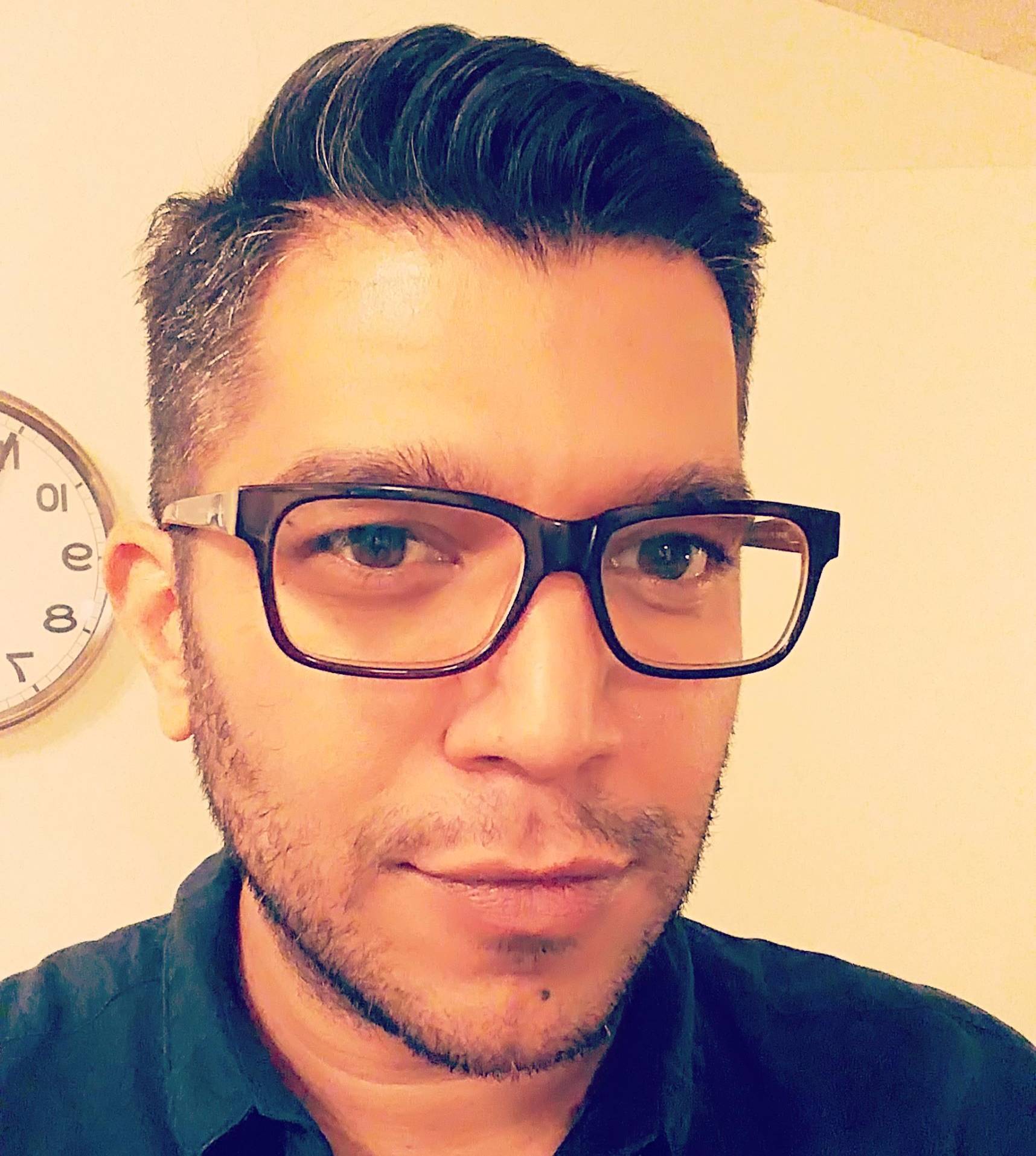 Dr. Ashvin Kini (
ashvinkini@gmail.com
)
Dr. Ashvin Kini (
ashvinkini@gmail.com
)
Ashvin R. Kini is Visiting Assistant Professor of English at College of the Holy Cross. His research and teaching focus on queer, postcolonial and Asian American literary and cultural studies. His writing has appeared in Diaspora , Lateral , South Asian Review , American Studies , The Journal of African American History , and The Journal of Intercultural Studies .
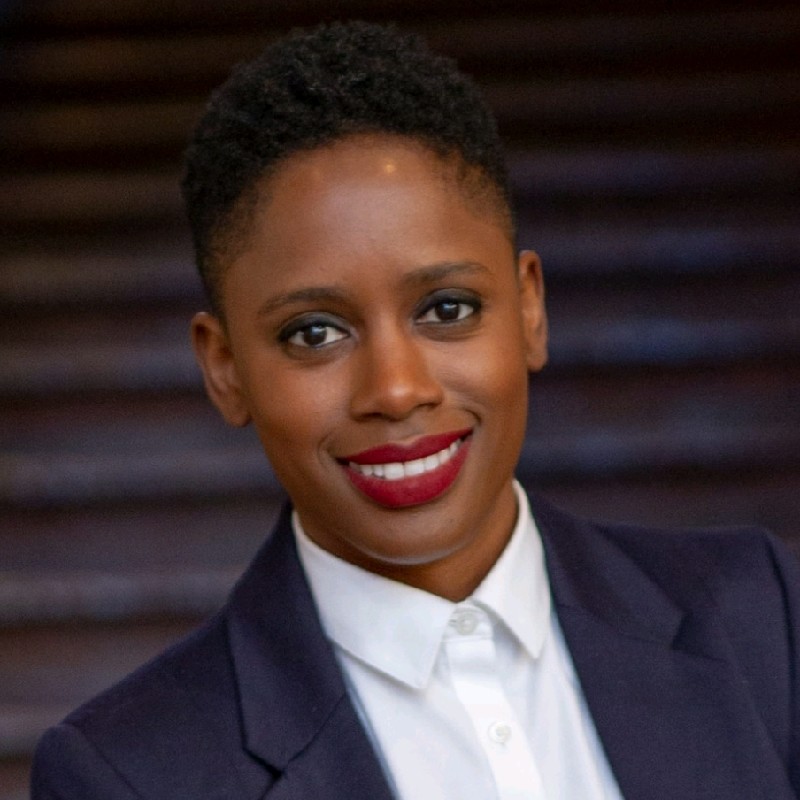
Dr. Nikki Lane (nikki.lane@duke.edu)
Nikki Lane is an interdisciplinary scholar trained as a Cultural and Linguistic Anthropologist and is currently an Assistant Professor in Gender, Sexuality & Feminist Studies at Duke University. Her work explores issues related to American Popular Culture, African American language practices, and sexual cultures throughout the African Diaspora. In her writing, research, classrooms, and public lectures, she explores the connections between popular culture and critical theories of race, gender, class, and sexuality. Working often along the edges of academia, she makes contemporary critical theory accessible to broad audiences priding herself on putting complex ideas into everyday language anyone can understand. She specializes in using popular culture as an entry point for discussing complex social theory. Her first book titled The Black Queer Work of Ratchet: Race, Gender, Sexuality, and the (Anti)Politics of Respectability explores the use of the word “ratchet” in a community of Black queer women in Washington, DC. To learn more, you can follow her on Instagram and Facebook @thedoctorlane or visit her website: thedoctorlane.com.
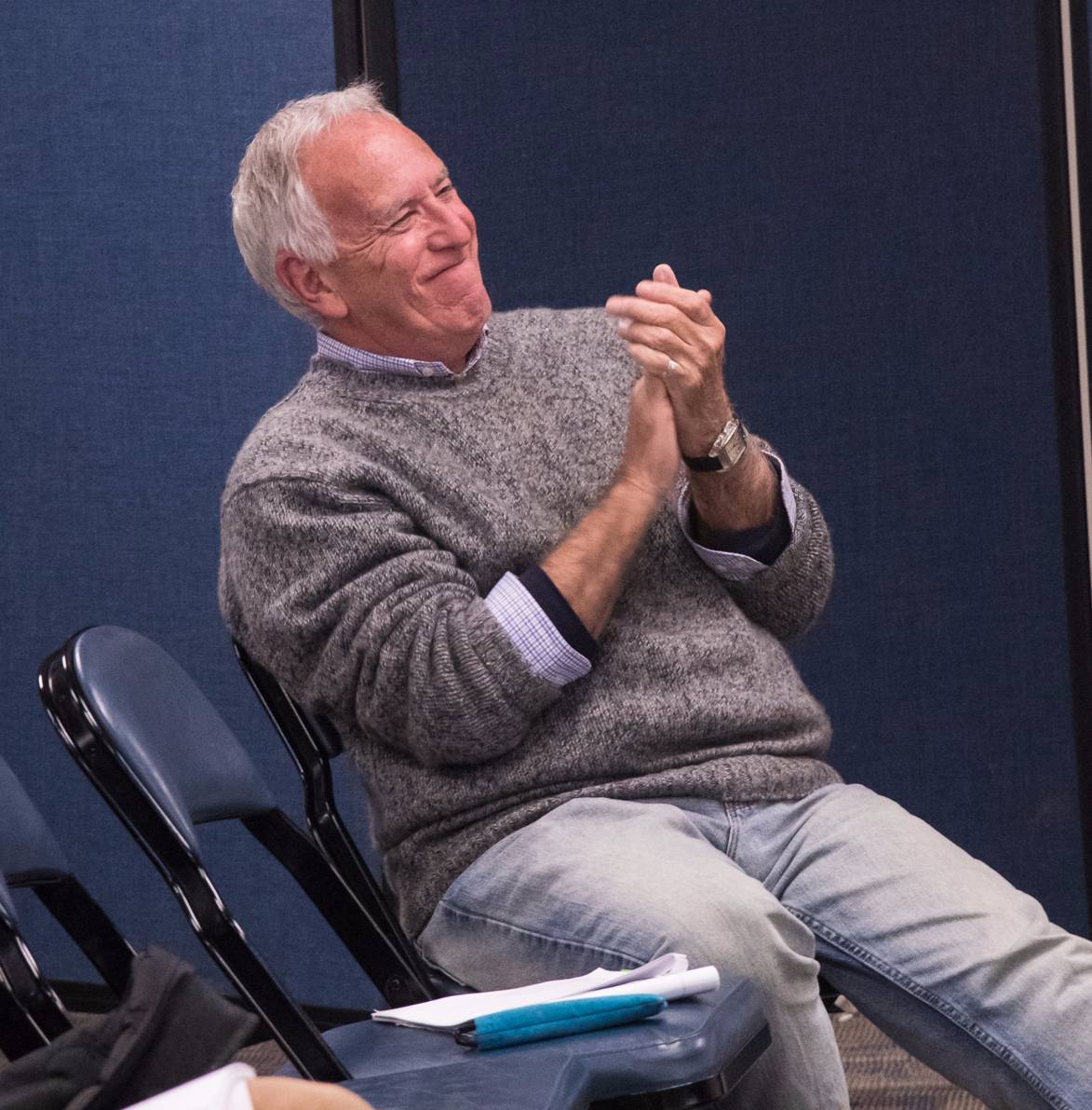 Dr. William Leap (wleap@fau.edu)
Dr. William Leap (wleap@fau.edu)
William L. Leap is an Emeritus Professor of Anthropology at the American University (Washington, DC) and an Affiliate Professor in the Center for Women, Gender and Sexuality Studies at Florida Atlantic University (Boca Raton, FL). He is the founder of the annual, and now international, Lavender Language and Linguistic Conference and is the senior editor of the Journal of Language & Sexuality . His writings about language and sexuality address topics as varied as race/class inequities, language socialization, homophobia/hate speech, gay pornography, trans-national circulations of subaltern voices, and problems of queer historiography. Key publications include Word’s Out: Gay Men’s English (1996), Speaking in Queer Tongues: Gay Language and Globalization (co-edited with Tom Boellstorff (2004), and widely reprinted papers including “Language, socialization and silence in gay adolescence’, “Queering gay men’s English”, and “Homophobia as moral geography.” His new book, Language Before Stonewall: Language, Sexuality, History (2020) , debunks the myth that sexual sameness before Stonewall was draped in “secret code” and “silence” and also outlines basic principles for inquiry in queer historical linguistics.
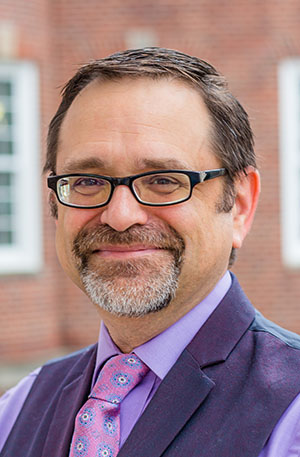 Dr. David Peterson (davidpeterso1@unomaha.edu)
Dr. David Peterson (davidpeterso1@unomaha.edu)
David Peterson is an Associate Professor of English at the University of Nebraska at Omaha, teaching courses in American literature and culture, systemic-functional linguistics, queer Western American literature, and text-based research methods. A pioneer of applying Faircloughian critical discourse analysis and Hallidayan functional grammar to studying homophobic language, his articles on homophobia have appeared in Gender and Language, the Journal of Homosexuality, the Journal of Language and Sexuality, and Queering Paradigms. He is currently working on a book-length analysis of homophobic language use in the neoliberal moment.
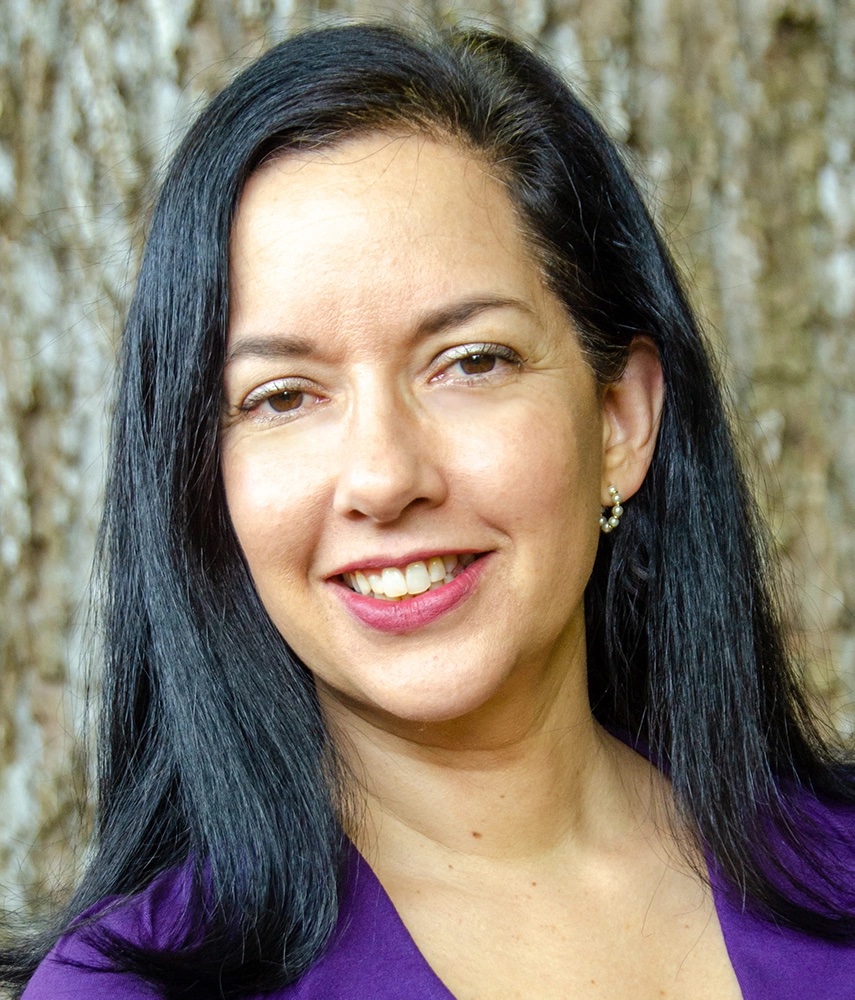
Dr. Maria Amelia Viteri (mariaamelia.viteri@gmail.com)
Maria Amelia Viteri is a transnational Research Associate at the Department of Anthropology at University of Maryland, College Park. She’s the author of Desbordes: Translating Racial, Ethnic, Sexual and Gender Identities across the Americas (SUNY Press, 2014) . She’s the co-author of the GLQ Journal “Queer/Cuir Americas: Translation, Decoloniality, and the Incommensurable (2021, Duke University). Her work has critically addressed the heteronormative infrastructure of borders as mutually constitutive with the inequalities around gender, sexuality, social race, belonging, and migrant status.
Meet the Center
 Dr. Nicole Morse, Director (morsen@fau.edu)
Dr. Nicole Morse, Director (morsen@fau.edu)
Nicole Morse is the Director of the Center for Women, Gender and Sexuality Studies and an Assistant Professor in the School of Communication and Multimedia Studies at Florida Atlantic University. They received their PhD in Cinema and Media Studies from the University of Chicago in 2018. Moving across television, pornography, social media, new media, and experimental video, their research looks at agency, self-representation, authorship, and spectatorship. Morse draws on close analyses informed by trans studies, critical race theory, and queer theory to explore relationships between creators and spectators. They see the author-audience encounter as a model of self-other relations, and their research into ephemeral media revolves around the utopian potential that media creates new, even posthuman subject positions. Dr. Morse’s book Selfie Aesthetics: Seeing Trans Feminist Futures in Self-Representational Art was published by Duke University Press in 2022. The monograph analyzes selfies by trans women and transfeminine artists to reveal how they produce new ways of being and relating in the digital era.
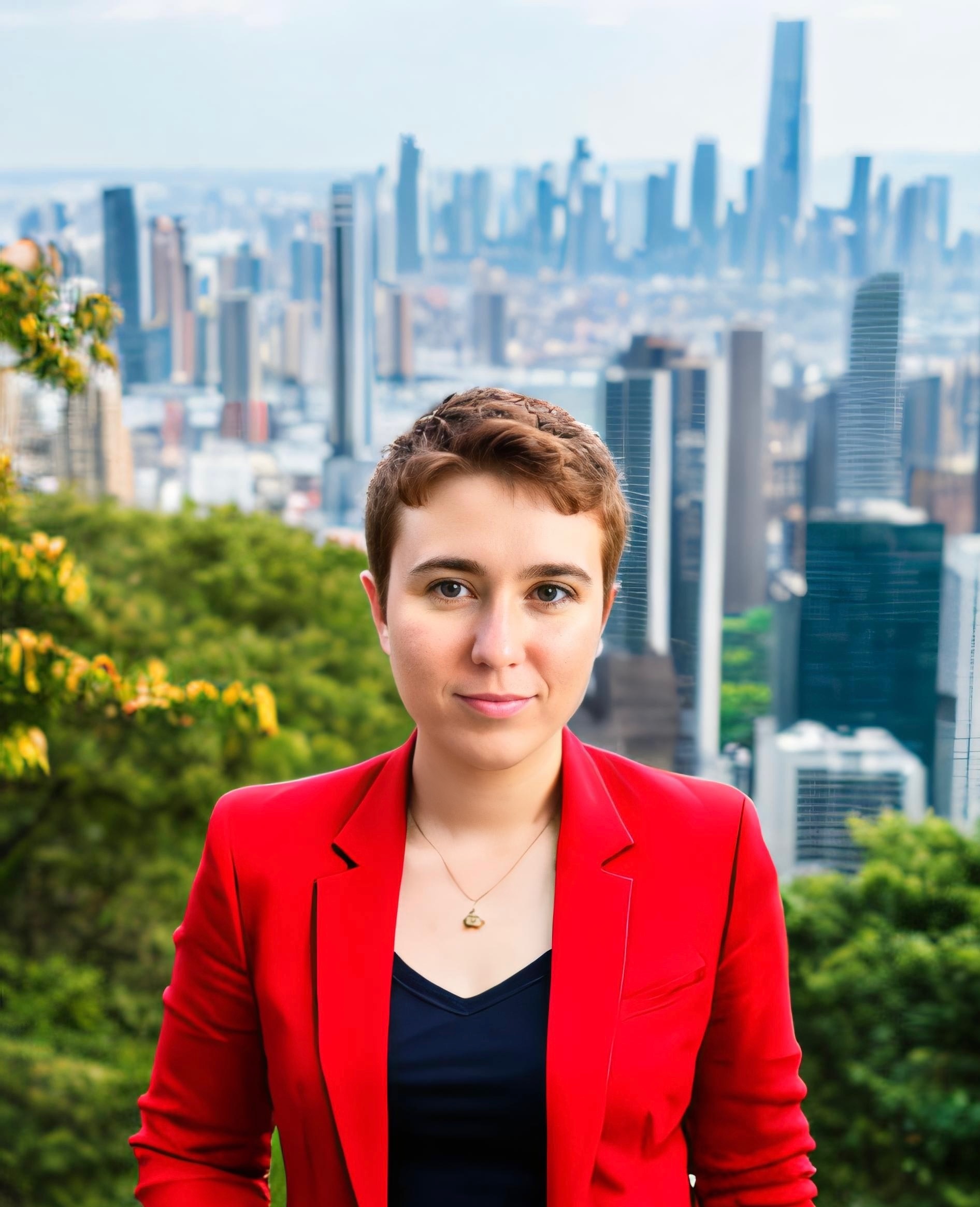 Daniella Orias, Digital Pedagogy Coordinator (dorias@fau.edu)
Daniella Orias, Digital Pedagogy Coordinator (dorias@fau.edu)
Daniella Orias graduated in Fall 2021 with a master’s degree from the Women, Gender, and Sexuality Studies program at Florida Atlantic University (FAU). She is currently getting her Ph.D in Comparative Studies at FAU. Daniella recently published an article with Dr. Nicole Morse entitled “No One is Disposable: Ecofeminism and Climate Crisis” in 2020 and published an article with Dr. Jane Caputi entitled “Monoculture & Mono-woman: An Ecofeminist Critique” in the Undergraduate Research Journal in 2013.